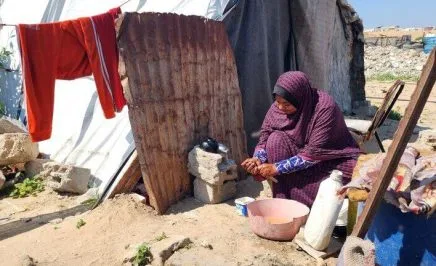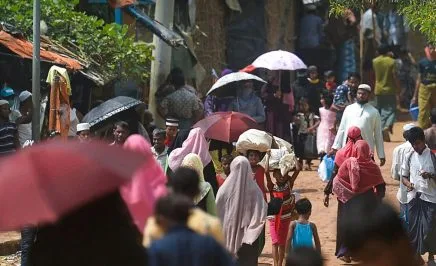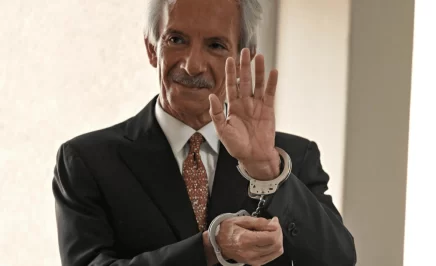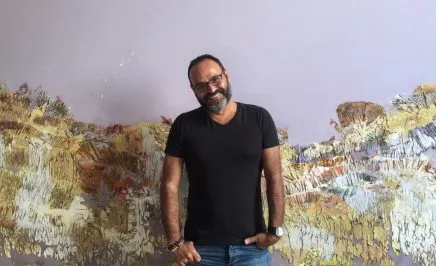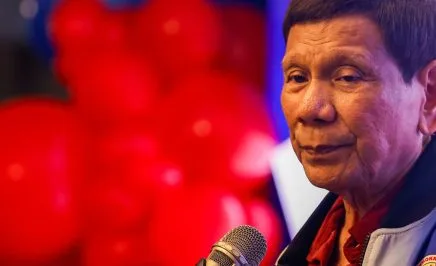After 18 months of talks, a leaked document proposing a deal between the United States, the European Union, South Africa and India that claims to increase access to COVID-19 vaccines for developing countries reveals some positive steps. But advocates say more is needed to address the inequity resulting in only 4% of people in low -income countries having had two vaccine doses, and even less access to new treatments. Under the leaked proposal, access to treatments and tests would not be included, but would be considered only after another six months’ delay.
Under World Trade Organisation (WTO) intellectual property rules, a few pharmaceutical companies control the supplies and prices of these lifesaving medicines, and have sold most vaccines and treatments to rich countries.
The original proposal from India and South Africa, supported by 100 of 164 WTO member governments, would temporarily waive WTO rules for all intellectual property monopolies on COVID19 vaccines, treatments and tests. This would enable a vast increase in production at affordable prices that is needed to triple-vaccinate the world, treat those with the disease, and prevent the spread of new variants. This has been strongly opposed by the EU, while the US has supported a waiver for vaccines only.
The proposed compromise is not yet a done deal as it must be approved by the WTO Intellectual Property Rights Council and the WTO General Council. Advocates have welcomed the acknowledgement that some WTO patent rules need to change. But they want more change to ensure that global access to both vaccines and treatments is achieved in practice.
They will write to the Australian government in more detail to ask that it support
- Inclusion of treatments and tests in addition to vaccines
- The waiver should apply to not only to patents, but to all knowledge and technology transfer need to enable increased production in developing countries
Dr Patricia Ranald, Convener of the Australian Fair Trade and Investment Network (AFTINET), said: “We welcome the admission that WTO rules need to change. But these are baby steps which still protect the interests of pharmaceutical companies rather than saving lives. Three million have died since Omicron variant, and millions more will die unless the Australian and other governments insist on a full waiver for vaccines, tests and treatments.”
Associate Professor Deborah Gleeson, spokesperson for the Public Health Association of Australia (PHAA), said: “Finally some progress seems to have been made at the WTO after almost 18 months of inaction. But the proposed compromise is so limited and flawed that it risks being completely unworkable. To get the pandemic under control, we need a waiver of monopoly rights that can be used by any country, for any health product and technology and for all types of intellectual property that can prevent access. It’s well past time to get this right.”
Katherine Tu, Head of Policy and Campaigns at ActionAid Australia, said: “It has been two years since the beginning of the pandemic. We have another new COVID-19 Omicron BA.2 subvariant, and these will keep coming if rich countries keep stalling on a comprehensive waiver that goes beyond vaccines. Women and communities in developing countries are urgently counting on countries like Australia to show global leadership. We can’t keep failing them.”
Ry Atkinson, Strategic Campaigner at Amnesty International Australia said: “This compromise is an acknowledgement that despite the lies continuously peddled by big pharma, business as usual isn’t going to get us out of this crisis. But it is a compromise, and the reality is that it doesn’t go far enough. We need a waiver that includes technology transfers and treatments, as the co-sponsors of the original waiver intended. Governments advocating for anything less are selling the world short.”

